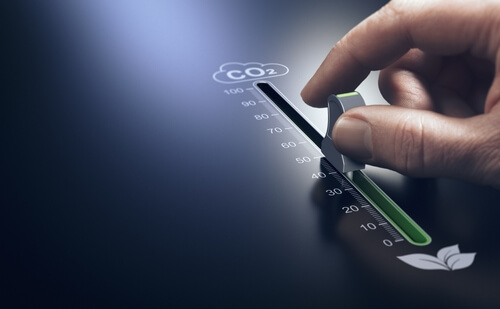Energy Efficiency, GHG Emissions, Industrial - July 26, 2024
Mohawk Exceeds GHG Emissions Intensity Goal
Mohawk Industries announced it has exceeded its GHG emissions intensity goal in 2023, with a reduction of 36% from its 2010 baseline. The global flooring manufacturer also posted a reduction in its carbon footprint of over 17% since 2018. In the same period, it reduced overall energy consumption by 11% at all sales service centers and distribution facilities.
Details were revealed with the release of Mohawk’s 15th Annual Impact report, Surfaces with Purpose.
“Sustainability is more than a good philosophy; it is good business,” said Chairman and Chief Executive Officer Jeff Lorberbaum in a statement. “Our business is dedicated to delivering results for our investors, customers, employees and communities. Our products are manufactured utilizing sustainable practices that help to lower our carbon footprint, conserve resources and incorporate significant recycled content, including almost 60 billion plastic bottles during the past decade.”
Based on its analysis of all 15 Scope 3 categories, the company determined that 10 were relevant to its operations. The report notes, “We are transitioning from spend-based to activity-based data for purchased goods and services, when available, to more accurately represent emissions. As this is the second year for reporting Scope 3 emissions, comparing year-over-year data has provided more insight into opportunities for supply chain engagement to decarbonize.”
In January 2024, Mohawk partnered with third-party climate risk experts to complete an assessment, which included all manufacturing and non-manufacturing sites, as well as its most critical suppliers and entire value chain, including both upstream and downstream activities that directly influence the company's operations. The goal was to evaluate a variety of risks and opportunities to more fully consider how each may impact its business, communities and the overall environment.
Of the top identified climate-related risks, Mohawk ranked the increased cost and lack of availability of energy as a key market risk. In response to this risk, the company implemented natural gas price management strategies to mitigate cost increases and price volatility.
Of the top climate-related opportunities, Mohawk has identified waste and product circularity as a key market opportunity, which they address through post-consumer take-back programs.
Read These Related Articles:
Stay Up-To-Date












